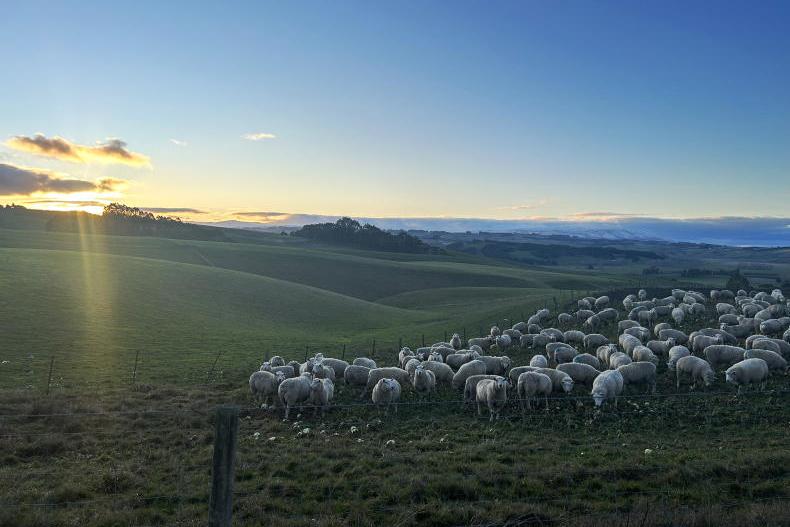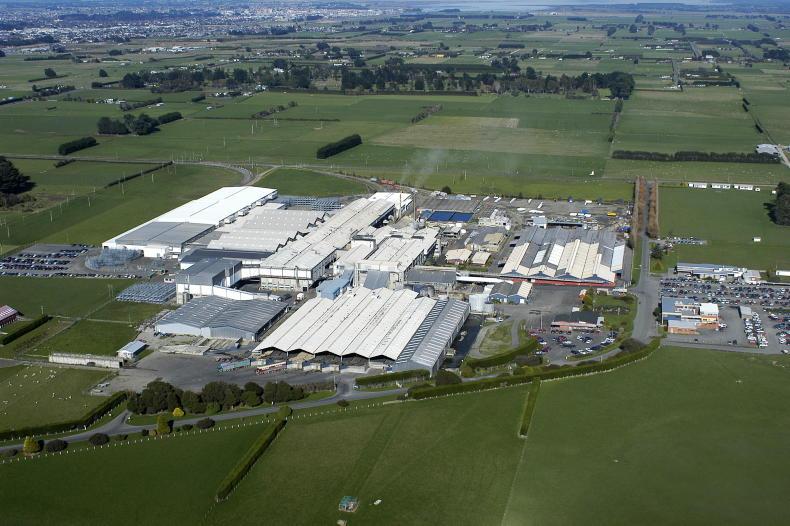The annual EU agricultural outlook conference is takes place in Brussels this week. It is the first conference under new commissioner Janusz Wojciechowski, and the overriding theme is of sustainability.
The conference will look at sustainability requirements, with the need to reduce greenhouse gas emissions, phosphate emissions and nitrates featuring heavily.
The EU expects that hitting targets will lead to a moderate increase in milk production to 179m tonnes by 2030. Change in farming practice is expected to deliver a reduction dairy cattle, with genetic development meaning cows will return higher milk yields.
Population growth and global demand will keep the EU the as the leading global supplier. Liquid milk demand is expected to decline, with more of the EU's milk channelled into cheese processing, both for global demand and increasing EU industrial uses. Butter demand may also increase, but this may be restricted by price increases. Powder demand from international markets is expected to be maintained.
Meat
EU meat consumption is forecast to decline by over the decade to 2030 because of social, ethical, health and environmental concerns. African swine fever issues in China will deliver a short-term increase in EU pig meat production, while high prices could hasten the decline of EU consumption. Production is expected to fall again as Asia recovers its own production in coming years.
Beef production is forecast to continue its slow decline, though beef prices are expected to increase in the second half of the next decade. Decline in consumption in the EU is forecast to be replaced by new trade opportunities in export markets. Sheep meat is expected to remain stable both from a production and consumption perspective.
Poultry meat production and consumption is forecast to continue to grow over the decade to 2030. EU production could reach 16.4m tonnes by 2030, with strong global demand for cuts that aren’t popular in the EU.
Read more
Farmer Writes: a tumultuous 2019 so far in the beef sector
Irish household spend on food second-lowest in the EU
The annual EU agricultural outlook conference is takes place in Brussels this week. It is the first conference under new commissioner Janusz Wojciechowski, and the overriding theme is of sustainability.
The conference will look at sustainability requirements, with the need to reduce greenhouse gas emissions, phosphate emissions and nitrates featuring heavily.
The EU expects that hitting targets will lead to a moderate increase in milk production to 179m tonnes by 2030. Change in farming practice is expected to deliver a reduction dairy cattle, with genetic development meaning cows will return higher milk yields.
Population growth and global demand will keep the EU the as the leading global supplier. Liquid milk demand is expected to decline, with more of the EU's milk channelled into cheese processing, both for global demand and increasing EU industrial uses. Butter demand may also increase, but this may be restricted by price increases. Powder demand from international markets is expected to be maintained.
Meat
EU meat consumption is forecast to decline by over the decade to 2030 because of social, ethical, health and environmental concerns. African swine fever issues in China will deliver a short-term increase in EU pig meat production, while high prices could hasten the decline of EU consumption. Production is expected to fall again as Asia recovers its own production in coming years.
Beef production is forecast to continue its slow decline, though beef prices are expected to increase in the second half of the next decade. Decline in consumption in the EU is forecast to be replaced by new trade opportunities in export markets. Sheep meat is expected to remain stable both from a production and consumption perspective.
Poultry meat production and consumption is forecast to continue to grow over the decade to 2030. EU production could reach 16.4m tonnes by 2030, with strong global demand for cuts that aren’t popular in the EU.
Read more
Farmer Writes: a tumultuous 2019 so far in the beef sector
Irish household spend on food second-lowest in the EU









SHARING OPTIONS